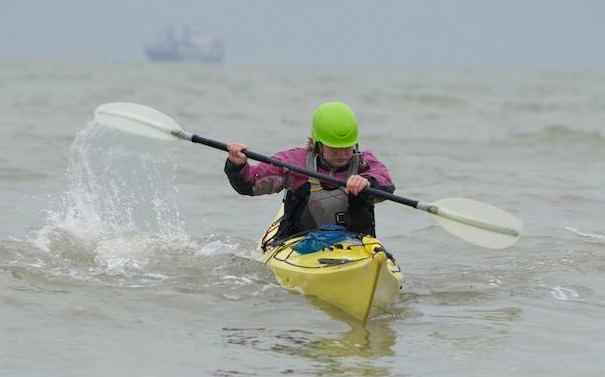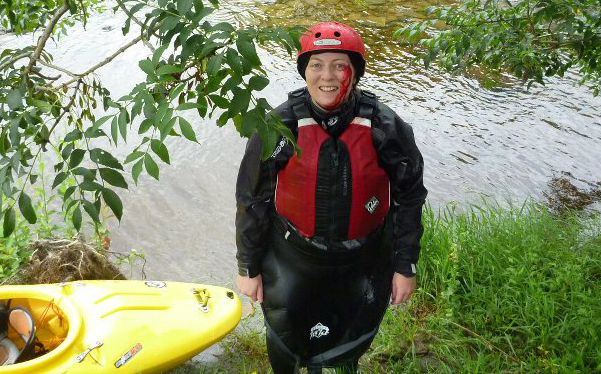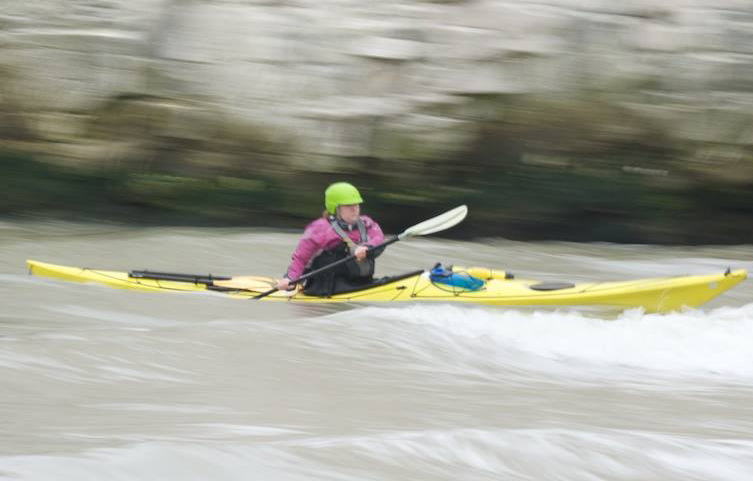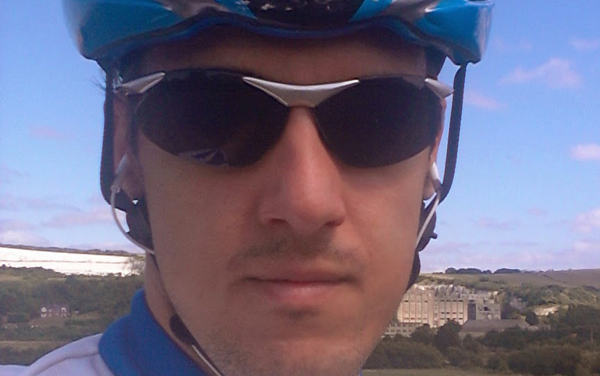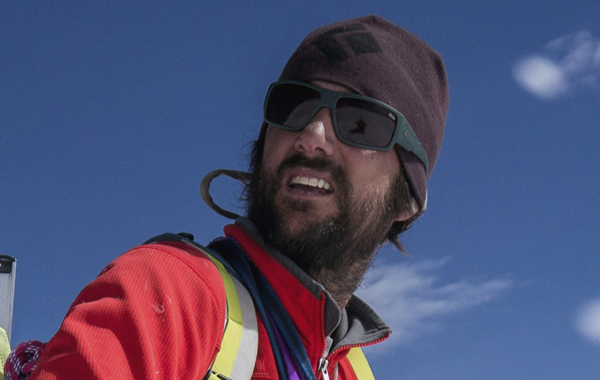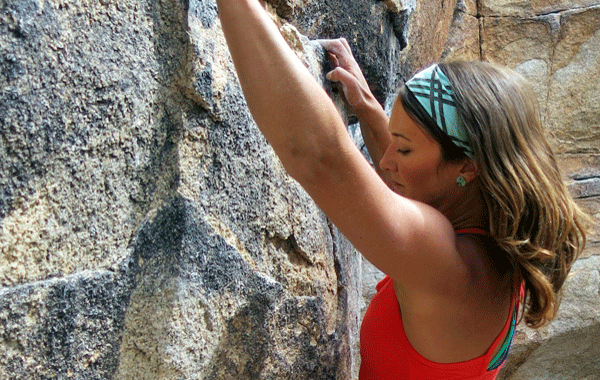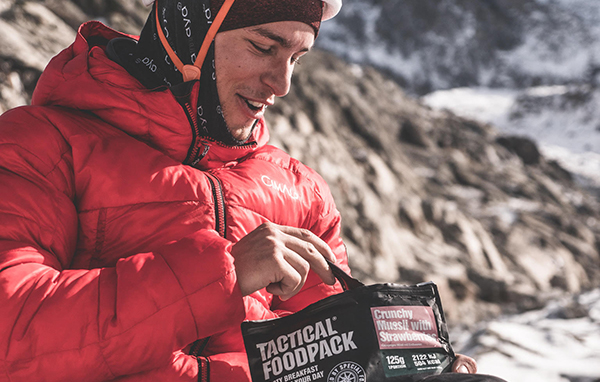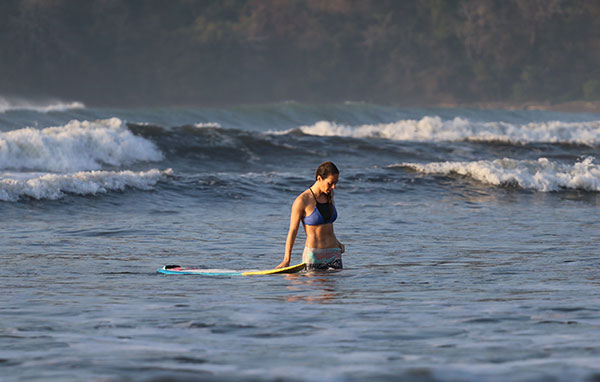ESTHER Wheeler got involved in kayaking after she read about the Yukon River Quest, the longest canoe and kayak race in the world. On her return to London after travelling, she was inspired to take up kayaking so she could finish the race to the midnight sun and became a member of the Tower Hamlets Canoe Club.
Now a secretary and coach she has had much success on the water with the highlight taking the women’s record at the Great Glen Paddle last March. Her training ground being the River Thames there is seldom a weekend she is not perfecting her skills on the water or aiding others in their development.
In this exclusive interview Esther talks to us about her passion for getting more women involved in the sport as well as the challenges she plans to set herself over the next year.
What first inspired you to get involved in kayaking and how difficult is it to practise the hobby while living in London?
I read about the Yukon River Quest and decided I would need to learn to paddle to race in that event. Shortly afterwards I was stuck under a raft in Nepal and got completely panicked. On getting back to London I decided that learning to kayak would help me overcome my new fear of water! So I joined Tower Hamlets Canoe Club as a beginner in February 2011. My club is really friendly and we paddle together every week. We are lucky to have access to one of the old London docks and the River Thames for paddling. I love the opportunities this gives me and paddling on the Thames is challenging and different every time! We are also lucky enough the have the white water course from the 2012 Olympics only a few miles north of the centre of London as well. We still have to travel for coastal paddling but I am lucky to have the opportunities I do in a huge capital city.
Could you give us some information in what kind of kayaking you are involved in and what your weekly training routine involves?
My training depends on what I am working on next. At the moment I am working towards my 4 star sea kayak leadership award so much of my training is on leading short day trips of beginners on moderate water. This concentrates on very different skills that previous training has. At the same time I am training for a 90-100km non-stop circumnavigation of the Isle of Wight and that involves several training sessions a week, from a couple of hours building to four to six hour sessions at the weekends.
If I am training for a race that takes over all other paddling but this year I am trying to balance that with my leadership training.
In 2011 you competed in the Yukon River Quest which takes place in Canada. Could you give us a bit more information about the event and what were the highlights of competing?
The Yukon River Quest is the longest annual canoe race in the world. At 444 miles over two to three days with only ten hours rest over that time. Sarah and I raced in a double canoe and trained for six months solid throughout the winter and several instances of mild hypothermia. We covered almost 1,000 miles in that time with two evenings a week of two hours of circling around our club dock in central London. We got very used to boredom doing this! We also built our training plan on increasing length paddles over weekends. These usually meant 16 hour days, catching a train out of London with our collapsible skin on frame canoe, paddling for eight to ten hours, then getting the train back late at night.
There were a lot of highlights, some lowlights as well mind you! The most memorable was the first bend of the race, surrounded by other competitors and pumped on adrenaline, I was grinning from ear to ear and already I was certain we’d finish the race!
The second was after paddling for more hours than I could remember (probably about 50) and it was really hot. I saw the faces of this extended family in the rocks and as we paddled past, their heads turned to watch me…that was a long rock face!
A low point was wrenching my elbow trying to avoid a log jam as big as a house. It was pretty hard to avoid crying out while paddling but if we’d hit that, not sure Sarah and I would be here now.
You blogged about the training and the race itself. How important was the blog in connecting with the online community of kayakers?
The blog was a great idea of Sarah’s as it meant we could talk to paddlers from all over the world about their experiences in marathon races. The UK doesn’t have many seriously long marathon races and being able to ask questions, share experiences and learn from others really helped us keep our spirits us. I also really enjoyed being able to write about our training sessions and the parts I was excited or worried about.
The kayaking community is incredibly welcoming in all aspects, but especially the North American one and we had people come up to us all the time in Whitehorse before the start of the race who’d read our blog and wanted to meet us. We got lots of fantastic help and advice that way as well! Any other long distance challenge I do will always have a blog!
Last March you raced as a solo female kayaker in the Great Glen Paddle and finished as the women’s record holder. What does this race involve and how did it feel to take the record?
This was my first ever paddle solo so just finishing a long distance paddle, with portages and significant weather factors felt fantastic to me. Taking the record was surprising – I had been aiming to break the record – but I was happier I’d beaten other double and male teams!
I spent three months training every weekend on the River Thames in central London, building up from four to ten hour paddles. The Thames can be quite challenging with the significant other river boat traffic and tides up to five knots – so it was great preparation. That being said, nothing quite prepared me for my first portage, crawling up a snow covered bank dragging my 25kg kayak behind me!
The race is 57 miles, non-stop, with five portages, (one is just over half-a-mile long). I had a great second, Mark, who was there to feed me cold mashed potato and hot homemade Czech soup (thanks Michal) at each portage. The race for me started at 2am and we had blizzards, rain, sun and force 4/5 following wind and sea over Loch Ness. I suffered a bit during this race, serious friction burns under my arms and I was lucky to not capsize in the 3 foot waves as I wasn’t that experienced in those conditions.
You are passionate about letting women know what is out there for sea kayakers. What is your message to them and what do you do to get it across to people?
I think my message is quite simple. Sea kayaking is an activity of passion, skill, beauty and opportunity. There are many brilliant and dedicated female sea kayakers in the UK as coaches, club volunteers and paddlers – the more there are of us the better! It is true that less women get involved in sport than men and having visible role models really does allow us open our sport up to others.
Every time I use social media I want to encourage more women to paddle. I’ve been to a women’s sea kayak festival on the Isle of Bute in Scotland and had such a fantastic time I am now helping to organising the same event on the South Devon coast in August 2015. Details can be found here www.womensseakayakfestival.co.uk
I also try and be inclusive in my paddling, as secretary and a coach at my club I want to ensure everyone is enjoying their paddling and getting what they want out of it.
What exciting plans do you have for the rest of 2015?
There are a few!
Paddling around the Isle of the Wight (90-100km) non-stop in 12 to 13 hours
Paddling in each of the onshore forecast areas around the UK coastline. That will involves travelling all over our country and seeing some incredible areas in the next ten months.
Getting my 4 star sea kayak leadership awards
Paddling in some of the world’s best tideraces in Anglesey
And strictly speaking not 2015 but I will be starting my training very soon to race in a K2 for the Dusi Marathon in Natal, South Africa next February. It’s 120km over three days on a white water river, some significantly hilly portages and temperatures up to 40 degrees F.
There are some other sea kayak races but competing in those depends on me persuading others to join me and drive me and my kayak around!!

